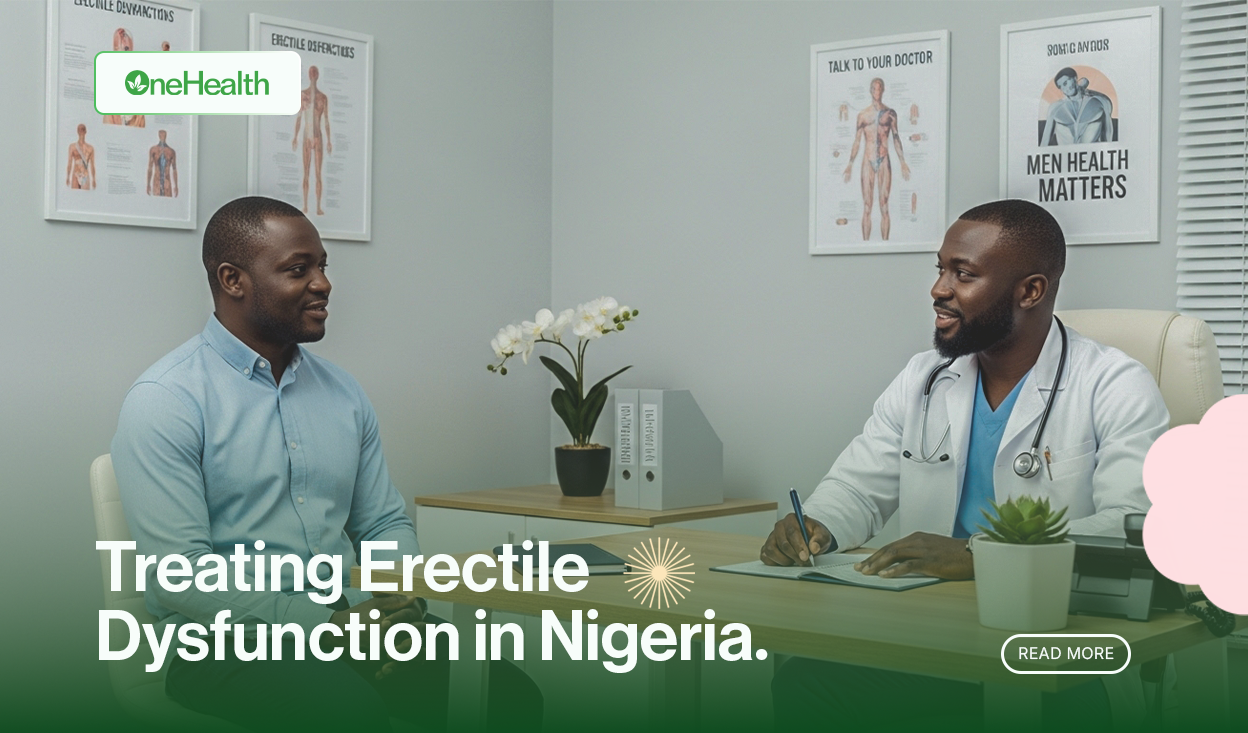Cancer Screening and Early Detection.
Medically Reviewed by Pharm. Emmanuella Oladeni
Written by Ella Oladeni

Cancer is a formidable adversary, claiming millions of lives and inflicting significant morbidity and mortality. However, early detection and screening are key allies in the fight against this disease. Early identification of cancer not only increases the chances of successful treatment, but it also minimizes the disease's overall impact. This article examines the importance of cancer screening and early detection, as well as the methods used and the dramatic influence they can have on individual and public health.
The Benefits of Early Detection.
Reduced Healthcare Costs: Treating cancer at an advanced stage is more costly and less successful. In the end, early diagnosis and treatment can lower the financial burden of cancer care for both individuals and healthcare systems.
Increased Survival Rates: The likelihood of surviving cancer is greatly increased by early identification. Early cancer diagnosis frequently results in limited cancer that responds well to treatment. When cancer is discovered early, the five-year survival rate can be significantly greater for many forms of cancer.
Less Aggressive Treatment: Treatment for cancer is typically more successful and less aggressive when it is discovered in its early stages. Patients may experience fewer adverse effects and a shorter recovery period from less invasive surgical treatments needed to treat smaller tumors and localized cancer.
Methods of Cancer Screening.
The goal of cancer screening is to detect the condition before symptoms appear. Different forms of cancer are screened for using a variety of techniques and assays, such as:
Mammography: Breast cancer is screened for via mammograms. It is advised that women begin screening for breast cancer around age 40.
Testing for HPV and Pap smears: This is crucial for the early diagnosis of cervical cancer, and screenings should begin in late adolescence or early 20s.
Colonoscopy: Colonoscopies are essential for the screening of colorectal cancer and are usually advised for those over 50 or sooner if a family history of the disease exists.
Prostate-Specific Antigen (PSA) Test: There have been discussions on the use and advantages of the PSA test for specific patients. It is used to check for prostate cancer.
Skin Examination: Frequent skin examinations can aid in the early detection of melanoma and other skin malignancies.
Lung Cancer Screening: People who are at high risk of developing lung cancer, usually as a result of a history of smoking, should consider low-dose computed tomography (CT) scans.
Public Education and Awareness.
It is essential to raise public knowledge of cancer screening. Public health organizations, doctors, and advocacy groups all contribute significantly to the public's understanding of the value of early detection. More individuals will be able to take proactive measures to safeguard their health by becoming more informed about screening recommendations, risk factors, and the advantages of early detection.
Challenges and Controversies.
Although early detection has many advantages, there are difficulties and disagreements with it. Among the issues are:
Overdiagnosis: Certain screening tests have the potential to cause overdiagnosis, in which people receive a diagnosis for conditions that might never become life-threatening. Stress and needless medical procedures may result from this.
False Positives: Screening tests may yield results that are falsely positive, which can be unsettling and prompt more, needless testing and actions.
Accessibility: Differences in early detection rates may result from unequal access to cancer screening.
In conclusion, two powerful weapons in the fight against cancer are early detection and cancer screening. Early detection lowers treatment intensity, saves lives, and diminishes the financial burden of the condition. In order to resolve challenges and promote the advantages of screening, public education and awareness campaigns are essential. The overall influence of early detection on personal and public health is evident, despite disagreements and concerns. In our continuous fight against cancer, it emphasizes the significance of routine screenings and proactive healthcare management.
Strategic Responses to Pharmaceutical Withdrawals & Drug Shortages in Nigeria
Download the report on the analysis of the pharmaceutical industry’s response to regulatory & market pressures.

Did you find this helpful?

More related topics
One Email, One Free Discount, One Free Delivery Every Week
We’ll Send You a Love Letter Every Week.
Get honest feedbacks and recommendations to improve your health. Plus free weekly vouchers and discounts.


Don’t Self Medicate o!
Ask a Pharmacist Instead



